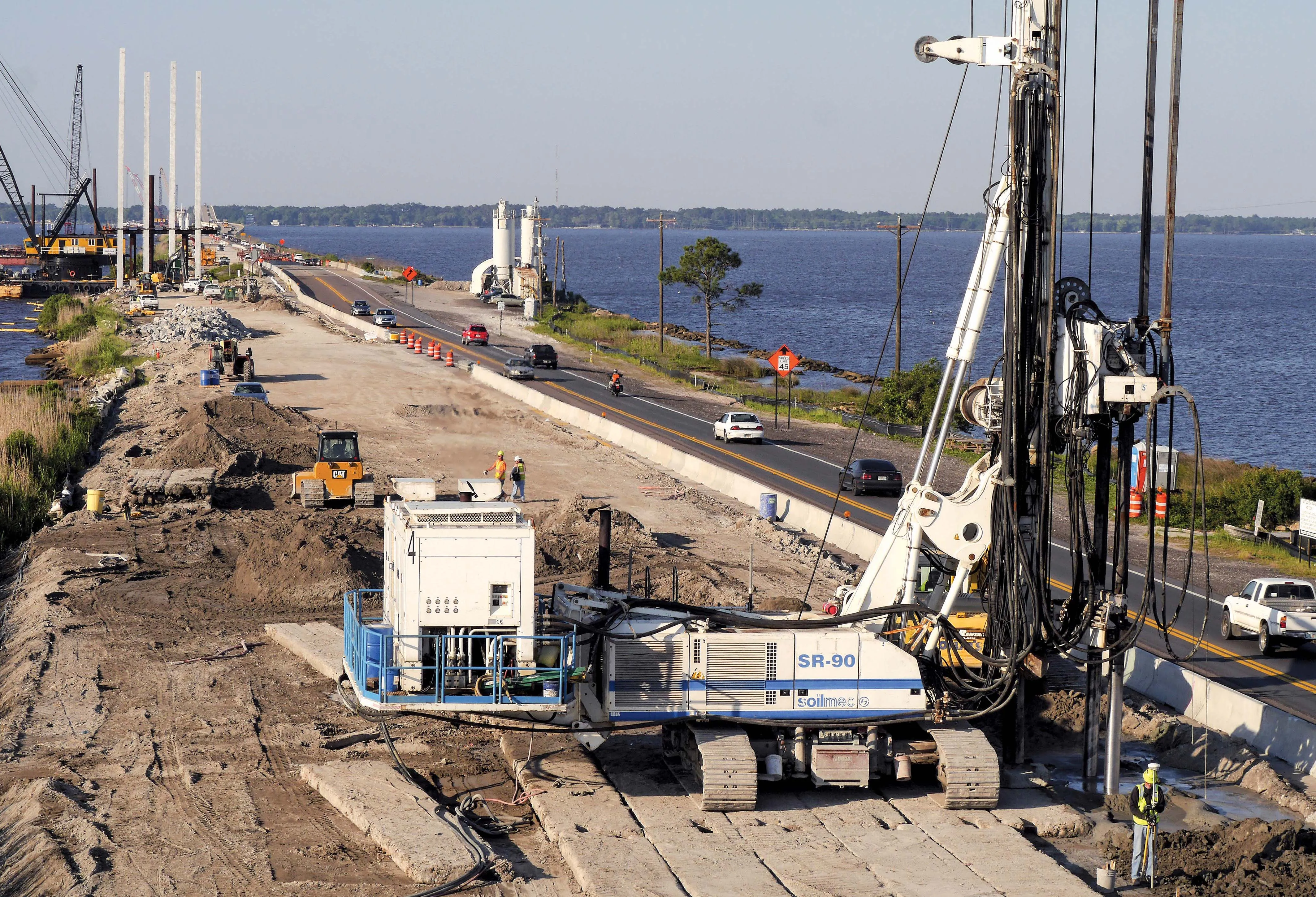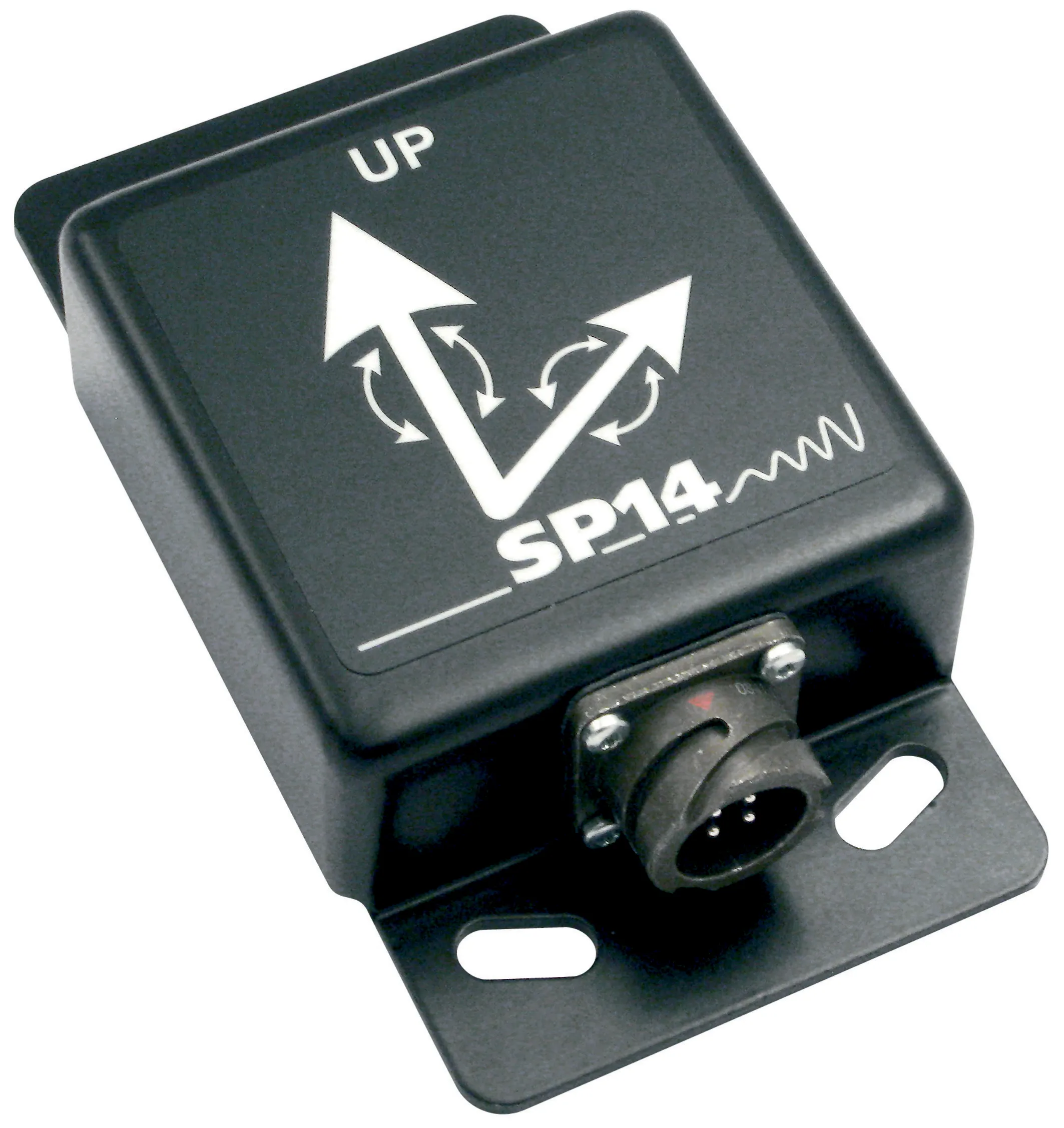Intercomp Weigh-In-Motion Scale Systems have been selected and installed for use in the lanes at the West Basin Container Terminal within the Port in Long Beach, California
Intercomp said the systems should increase efficiency and overall terminal, in-gate velocity in the flow of trucks through the security entrance.
Prior to the installation of Intercomp’s LS-WIM In-Ground Weigh-In-Motion Scales, older static truck scales had been used. These required drivers to stop on the scales to manually receive
September 15, 2015
Read time: 2 mins
Intercomp Weigh-In-Motion Scale Systems have been selected and installed for use in the lanes at the West Basin Container Terminal within the Port in Long Beach, California
1315 Intercomp said the systems should increase efficiency and overall terminal, in-gate velocity in the flow of trucks through the security entrance.
Prior to the installation of Intercomp’s LS-WIM In-Ground Weigh-In-Motion Scales, older static truck scales had been used. These required drivers to stop on the scales to manually receive a weight. But incoming drivers would need to wait in line until a lane became available. The old system limited volume and maintenance costs for operators.
Intercomp’s LS-WIM Scales, however, are also integrated with the Terminal Operating System along with cameras, audio integration and RFID. This essentially transforms every pedestal into a scale lane,” said Robert Chou, IT manager at the port.
Intercomp’s systems feature strain-gauge load-cell technology, the same type as used in static truck scales for increased accuracy, repeatability and fast response times. Due to the small footprint of these scales when compared to traditional 20m and longer static truck scales, they can be installed in a matter of days, with minimal downtime. They are also far less expensive to purchase and install than traditional static truck scales.
Intercomp also said all the company’s Weigh-In-Motion equipment has been field-tested and proven for a wide variety of Intelligent Traffic Systems (ITS) and Law Enforcement Applications. Applications range from Low-Speed to High-Speed Applications for high volume data collection and screening for direct enforcement.
Prior to the installation of Intercomp’s LS-WIM In-Ground Weigh-In-Motion Scales, older static truck scales had been used. These required drivers to stop on the scales to manually receive a weight. But incoming drivers would need to wait in line until a lane became available. The old system limited volume and maintenance costs for operators.
Intercomp’s LS-WIM Scales, however, are also integrated with the Terminal Operating System along with cameras, audio integration and RFID. This essentially transforms every pedestal into a scale lane,” said Robert Chou, IT manager at the port.
Intercomp’s systems feature strain-gauge load-cell technology, the same type as used in static truck scales for increased accuracy, repeatability and fast response times. Due to the small footprint of these scales when compared to traditional 20m and longer static truck scales, they can be installed in a matter of days, with minimal downtime. They are also far less expensive to purchase and install than traditional static truck scales.
Intercomp also said all the company’s Weigh-In-Motion equipment has been field-tested and proven for a wide variety of Intelligent Traffic Systems (ITS) and Law Enforcement Applications. Applications range from Low-Speed to High-Speed Applications for high volume data collection and screening for direct enforcement.









